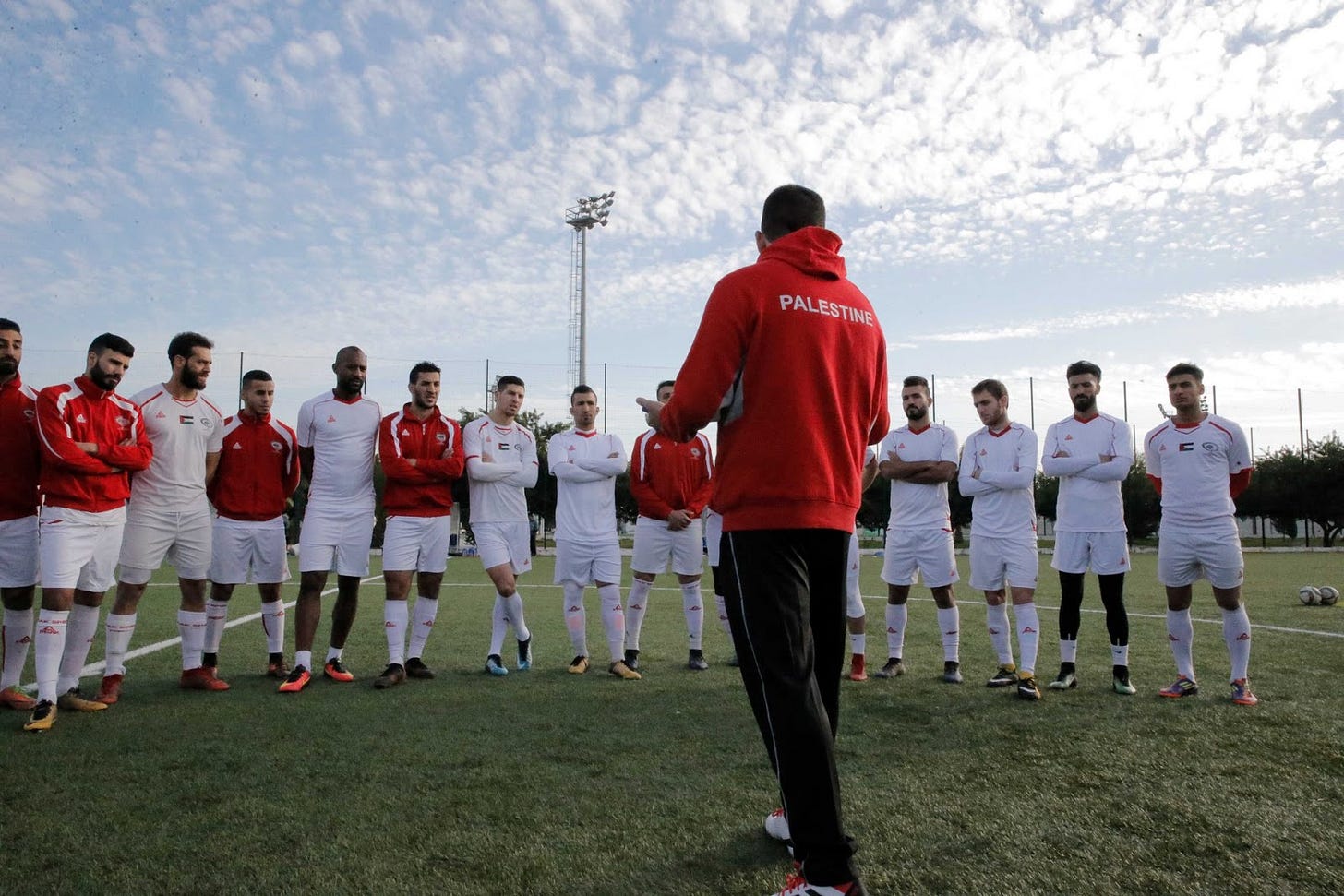Baldivieso or Barakat are the PFA's only viable options

With every passing day, the writing on the wall becomes clearer. It is looking increasingly unlikely that the PFA will continue with Julio Baldivieso as manager of the national team.
The rumors of the Bolivian's departure is still in the realm of speculation but those whispers have grown louder since Palestine's 1-0 loss to Oman.
A technical committee pu…


